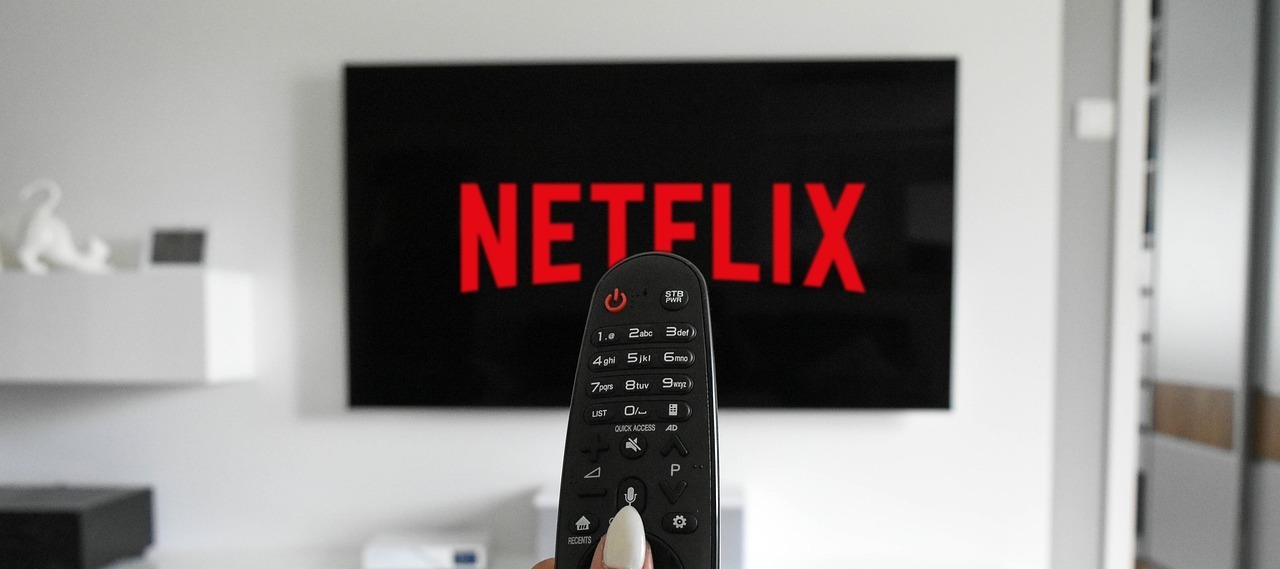
Netflix Stock Plummets After Its First Net Subscribers Loss In 10 Years, Grim Growth Outlook
Netflix (NFLX) - Get Netflix, Inc. Report posted the first decline in annual subscriber growth in more than a decade Tuesday, clouding a stronger-than-expected first quarter earnings report and sending its shares sharply lower in after-hours trading.
Netflix said earnings for the three months ending in December were pegged at $3.53 per share, down 5.9% from the same period last year and firmly ahead of the Street consensus forecast of $2.89 per share.
Group revenues, Netflix said, came in at $7.87 billion, up 9.9% from last year but just behind analysts' estimates of a $7.93 billion tally.
Netflix said it expects to be free-cash flow positive for the 2022 year and beyond, with first quarter FCF rising 15.9% to $802 million.
The group said it lost 200,000 global subscribers over the period, missing the Street estimate of 2.5 million gain, and taking the overall total to 221.64 million.
Around 700,000 of those were the result of cutting its service in Russia.
The company said it will lose another 2 million global net paid additions over the three months ending in June, compared to a consensus market forecast of 2.7 million.
"First, it’s increasingly clear that the pace of growth into our underlying addressable market (broadband homes) is partly dependent on factors we don’t directly control, like the uptake of connected TVs (since the majority of our viewing is on TVs), the adoption of on-demand entertainment, and data costs," Netflix said in a letter to shareholders.
"We believe these factors will keep improving over time, so that all broadband households will be potential Netflix customers."
"Second, in addition to our 222 million paying households, we estimate that Netflix is being shared with over 100 million additional households, including over 30 million in the UCAN region," Netflix added.
"Account sharing as a percentage of our paying membership hasn’t changed much over the years, but, coupled with the first factor, means it’s harder to grow membership in many markets - an issue that was obscured by our Covid growth."

Netflix shares were marked 26.25% lower in after-hours trading immediately following the earnings release to indicate a Wednesday opening bell price of $257.00 each, the lowest since October of 2019.
Subscriber growth, which soared during the 2020 pandemic, has been hit hard by the uninterrupted surge in inflation.
U.S. headline CPI hit a fresh 40-year high last month, with multi-decade highs printed in Europe and the United Kingdom, prompting a pull back on discretionary spending amid rising food and gasoline costs that was played out in a softer-than-expected reading for March retail sales.
Younger viewers are also spreading their entertainment budgets among a growing collection of streaming and on-demand services, according to Benchmark analyst Matthew Harrigan, a fact not helped by Netflix's ongoing price increase and crackdown on password sharing.
The stock is only down around 6.3%, however, from its late January levels, boosted in part by a investment from billionaire hedge fund manager Bill Ackman, who revealed that his Pershing Square Capital Management began buying shares in Netflix when they first slipped below $400 following its weaker-than-expected fourth quarter earnings report.
Ackman now owns around 3.1 million shares in the group, noting that he sees Netflix as "a primary beneficiary of the growth in streaming and the decline in linear TV driven by its superior customer experience, a vast and diverse amount of superb, constantly refreshed content, global improvements in bandwidth, and the proliferation and continuous improvement and convenience of devices on which one can watch."
Much of that praise, however, could also apply to Disney (DIS) - Get Walt Disney Company Report, which reported an astonishing 11.8 million subscribers to its platform over the three months ending in December — more than 42% ahead of Netflix's tally — while reiterating its view that Disney+ will grow to between 230 million and 260 million subscribers by the end of its 2024 financial year.
© 2022 LeackStat.com
